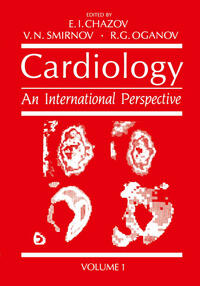
Once in four years, cardiologists of the world united into the International Society and Federation of Cardiology corne together to discuss the most pressing problems of cardiovascular pathology, sum up the accomplishments of the intervening years, and set directions for future research and exploitation of the existing knowledge. Not too much time passed since the I Paris Congress of International Foundation of Cardiology in 1950, but since then we have been witnessing a real information explosion. Extraordinary amounts of new knowledge, accumulated during the past three decades, has revolutionized our understanding of major cardiovascular diseases as well as approach to their treatment and diagnosis. The IX World Congress of Cardiology, held in Moscow in June 20-26, gathered 5,099 delegates from 78 countries. In the course of the Congress, prominent scientists presenting 21 lectures on topical problems of theoretical and practical cardiology; 900 papers were heard at 37 Symposia and 58 Free Communication Sessions. The papers and discussions demonstrated an increased contribution of fundamental research to clinical arsenal. Another feature of modern biomedical research is that it makes use of the latest accomplishments in other fields of science and technology: physics, chemistry, elec tronics, etc. Of late, a new research discipline, called molecular cardiology, has formed. By elucidating the most subtle basic mechanisms whereby pathological processes develop, it is expected to afford ultimate control of cardiovascular diseases. The Congress demonstrated that new knowledge about the diagnosis and treatment is being successfully introduced into clinical practice.